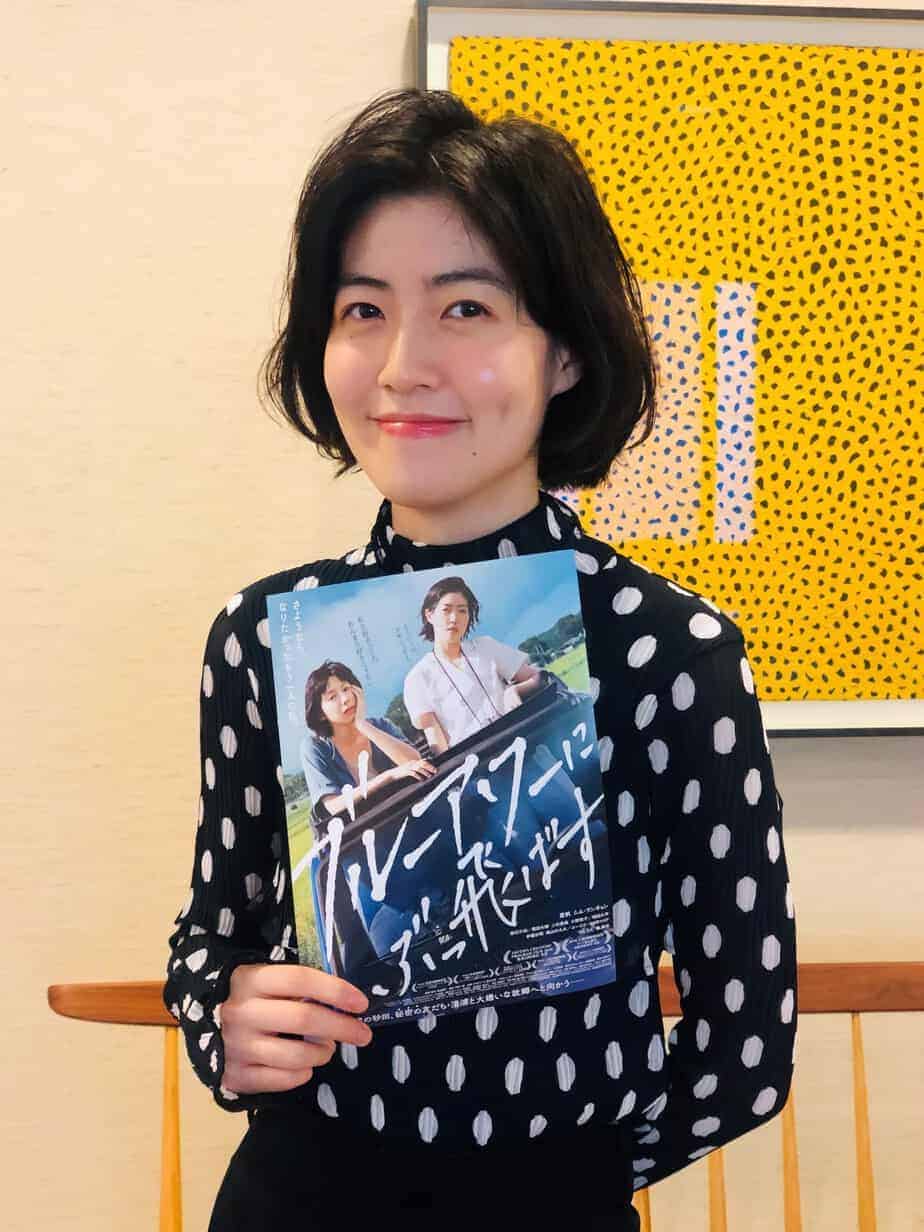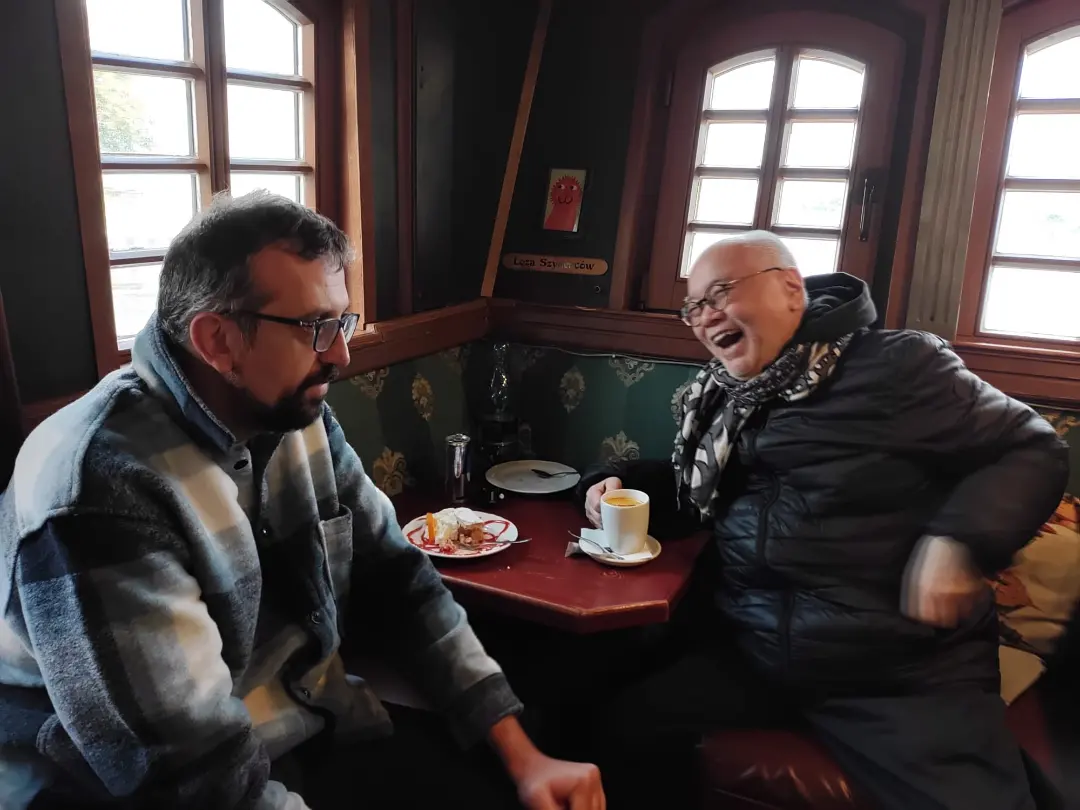Patiparn Boontarig studied film and photography at Thammasat University in Thailand and completed the Asian Film Academy at the Busan International Film Festival. He was also assistant director to Phuttiphong Aroonpheng's “Manta Ray” and Jakrawal Nilthamrong's “Anatomy of Time”. His feature debut wears its director's experience on its sleeve, in a genuine art-house film that deals with LGBT issues within a patriarchal system, and won LG OLED New Currents Award & NETPAC Award in Busan.
Solids by the Seashore is screening at Vesoul International Film Festival of Asian Cinema
The story takes place in a Thai town in the South, where a once sandy beach has eroded by high tides and is now replaced by artificial rock sea walls. Fon, an activist who is also a visual artist, arrives into town to record the changing landscape for her new art exhibition. While there, she meets Shati, a local Muslim woman from a conservative family, whose parents are arranging a marriage for her. The more they get to know each other, the closer they get, but although Fon knows exactly what she wants, essentially from the beginning, Shati's internal conflict with her traditional roots, and the insistence of her parents, make it quite difficult for her to acknowledge her feelings. At the same time, she is reminded of the old cautionary tales her grandmother used to tell her.
Patiparn Boontarig takes his time to introduce the setting and his characters in a film that does include a ‘will-they, won't-they' element but is actually much more than a typical romance. The combination of environmental destruction and the blights of patriarchy in particular are excellently combined, with the metaphor of the solids by the seashore and the way people (religion if you prefer) build walls that prevent them from doing what they want essentially, being one of the best aspects of the movie.
Furthermore, the differences of the two protagonists, both in terms of appearance and mentality also works quite well here, with the “buttoned up” Shati and the rather open Fon creating a very appealing antithesis that actually carries the movie for the majority of its duration. The scene by the sea in particular seems to embody this antithesis, as much as the aforementioned metaphor in the most eloquent fashion, in probably the most memorable scene in the whole movie. This whole aspect also benefits a lot from the acting, with Ilada Pitsuwan as Shati and Rawipa Srisanguan as Fon highlighting their antithetical chemistry in the best fashion. Particularly the former, who is also the ‘medium' for the rest of the aforementioned comments, is quite good in the subtle ways she presents her frustration and the way her meeting with the newcomer changes her.
The fact that Fon is a video artist allows Boontarig to include intense art house elements, with the way the art gallery is presented in particular being impressive, highlighting the excellent job in the editing by Nisarat Meechok. The combination of the modern concerns with local folklore is also quite intriguing, with the presentation of the menacing threats instigated by Shati's recollection of her grandmother's tales showcasing the also excellent job of DP Benjamaporn Rattanaraungdetch, whose capturing of all the aforementioned different settings is one of the movie's best traits.
At the same time, the inclusion of all these elements does make the movie somewhat self-indulgent on occasion, perhaps even overly ‘arty', while the almost complete lack of tension makes its watching a bit tiresome on occasion. On the other hand, the beauty of the images and the rich context definitely compensate, to a degree at least, with “Solids by the Seashore” emerging as a film definitely worth watching, particularly for art-house fans.















